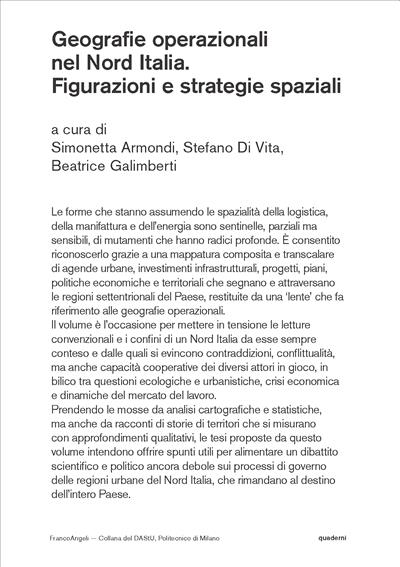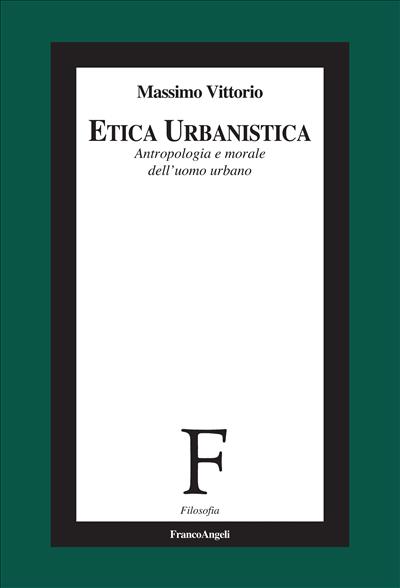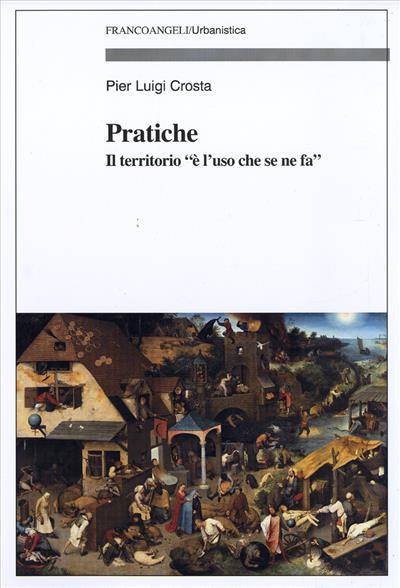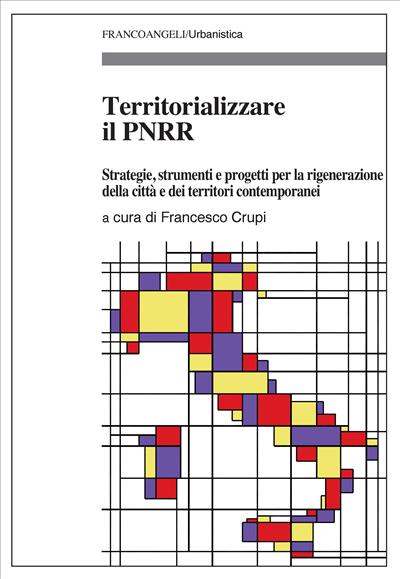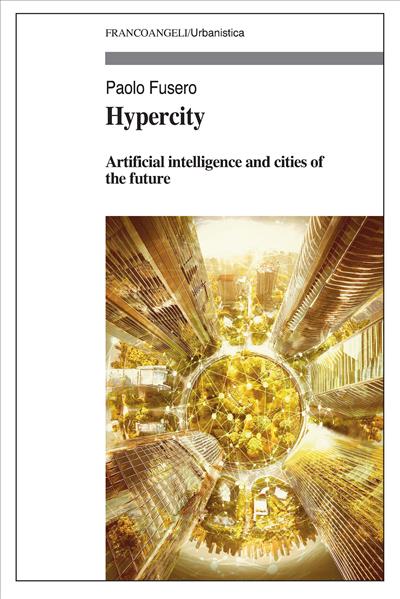
Hypercity
Artificial intelligence and cities of the future
This book results from the author’s interest in two of the major global challenges of the 21st century: tackling climate change; and wrestling with the implications of artificial intelligence, and its application to modern infrastructures. The hope is to stimulate scholars, citizens and administrators to engagé in a collective re-examination of the future of our cities and, ultimately, of our civilisation.
Pagine: 162
ISBN: 9788835169451
Edizione:1a edizione 2025
Codice editore: 1862.242
Possibilità di stampa: No
Possibilità di copia: No
Possibilità di annotazione: No
Formato: PDF con DRM Readium LCP
Pagine: 162
ISBN: 9788835178675
Edizione:1a edizione 2025
Codice editore: 1862.242
Possibilità di stampa: No
Possibilità di copia: No
Possibilità di annotazione: Sì
Formato: ePub con DRM Readium LCP
